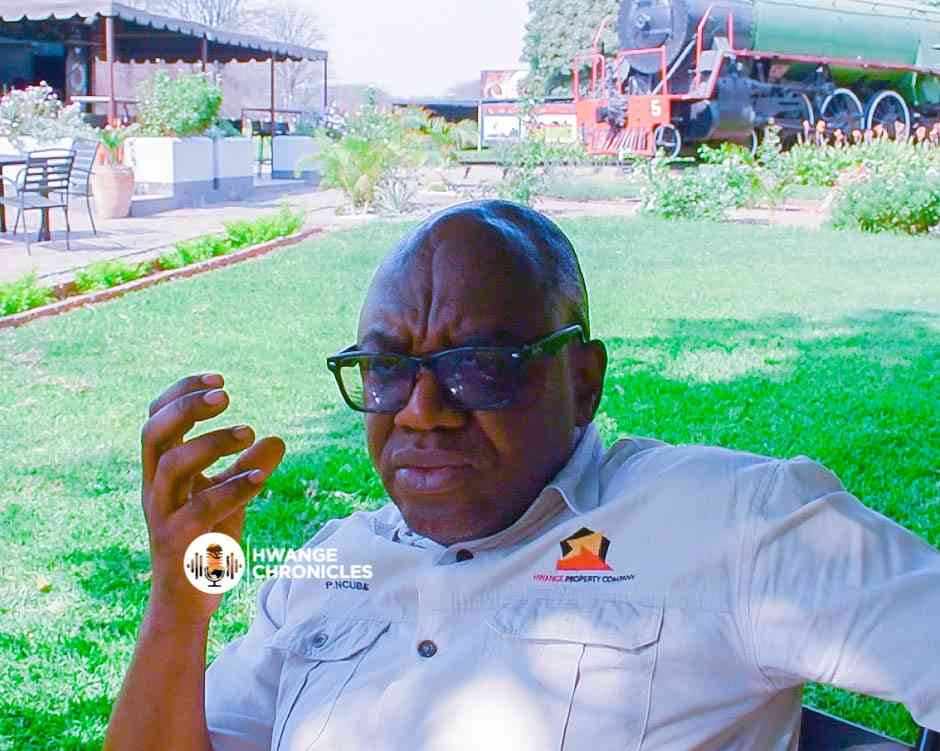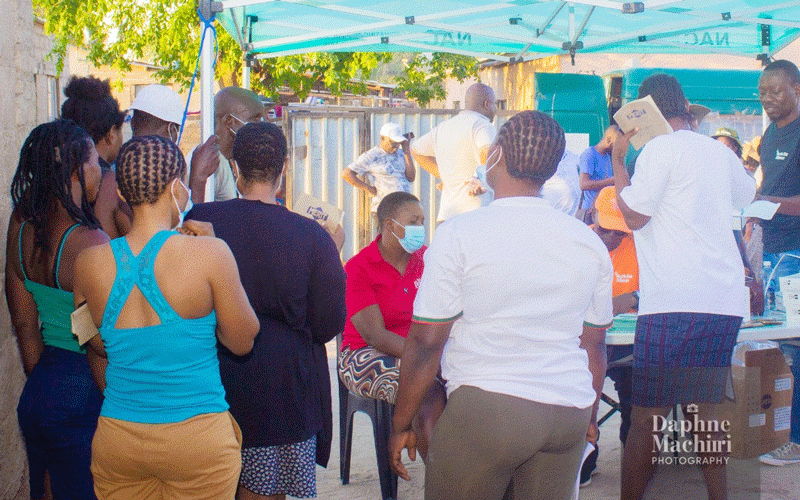
Hwange Local Board (HLB) chairperson, Peterson Ncube, has praised the government’s introduction of performance-based contracts for local authority chairpersons and town secretaries, describing the initiative as a transformative step towards strengthening service delivery and accountability in local governance.
Ncube said the performance contracts had brought renewed focus to councils, compelling them to deliver measurable outcomes that improve residents’ lives.
“The performance-based contracts have set the stage for institutionalising and operationalising the Call to Action and Minimum Service Delivery Standards (MSDS) blueprints,” he said.
“By cultivating a culture of tracking and measuring performance, we are compelled to remain focused, keeping our eyes on the targets.
“As management expert Peter Drucker once said, ‘what gets measured, gets done.’”
He added that the accountability mechanisms embedded in the contracts were helping to streamline council operations and ensure responsiveness to community needs.
“The success of both the chairperson and town secretary’s performance depends on the collective effort of residents, council employees and other stakeholders,” he noted.
Performance contracts for mayors, chairpersons, town clerks and secretaries are formal agreements committing local government leaders to achieve specific, measurable goals within defined timeframes.
- Think and build your life
- 10 Cs for change leaders
- AI redefining corporate communication
- Measuring performance drives accountability, progress
Keep Reading
Their performance is then evaluated against these targets to enhance transparency, efficiency, and integrity in public service delivery.
Ncube said such contracts not only strengthen local administration, but also reinforce the social contract between government and citizens.
“Performance contracts enhance public confidence by ensuring improved governance, service delivery in water, sanitation, hygiene, roads, social services, and environmental management,” he said.
“This is a shared responsibility involving the Ministry, councils, corporate entities, and the people.”
To support this vision, the government established the Local Authorities Technical Support Unit (LATSU), a facility aimed at assisting councils to operationalise the MSDS through access to essential equipment such as yellow machinery, refuse compactors, and tractors.
Ncube said the unit would allow councils to lease machinery at concessionary rates, while ownership remains with LATSU, which can redeploy the equipment as needed to address critical service delivery demands.
“This unit comes in handy for servicing surveyed stands and addressing dysfunctional settlements,” he added.
“However, limited funding remains a challenge due to low revenue collection. Every property owner and service consumer must play their part by paying rates, levies, and fees to sustain council operations.”
The HLB chairperson stressed the importance of strong corporate governance, transparency, and alignment of operations with the council’s strategic goals, noting that these principles were key to restoring public trust and achieving long-term institutional stability.
“Tracking and analysing our performance ensures we remain on course towards achieving Vision 2030,” Ncube said.
“This journey requires collective effort — it is not the sole responsibility of Hwange Local Board.
“I urge all stakeholders to work together, because the welfare of our people is a shared responsibility.”
Ncube emphasised that collaboration among all stakeholders would help the council effectively implement its strategic plans, address priority areas, and deliver tangible results that enhance the quality of life for Hwange residents.









